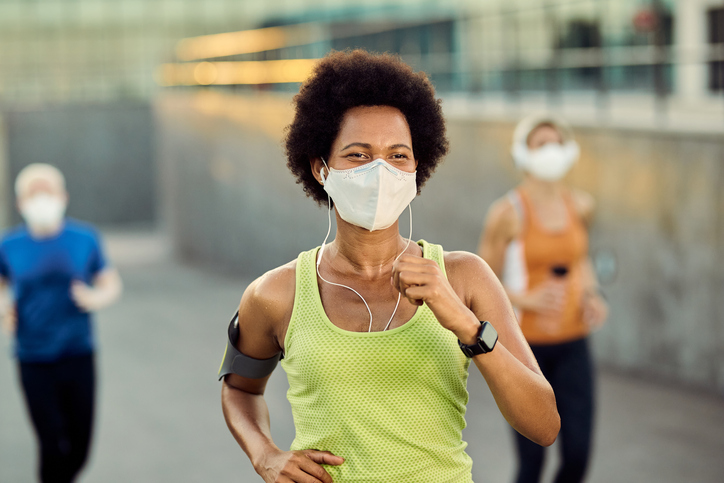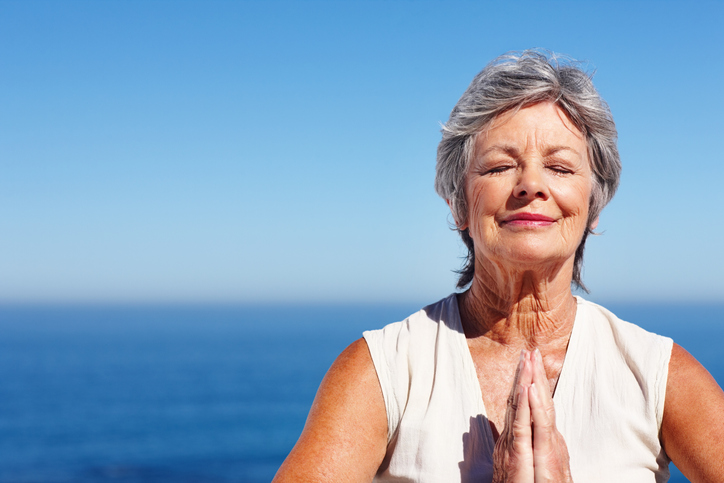The health benefits of exercise can’t be overstated. Between the body’s ability to fight off disease and infection and manage weight gain, and long-term illness such as Type 2 Diabetes, getting some exercise is crucial for overall health and wellbeing.
Physical Benefits of Exercise
Fatigue is a common experience right now. The onset of fatigue stems from dealing with the on-again, off-again of various local public health orders, and coping with the constant barrage of ever-evolving information on what is and isn’t safe practices. The damage to our bodies and moods is real in our everyday lives.
Developing coping mechanisms are critical toward physical and mental well-being during challenging times, and one of the best coping mechanisms possible is to get regular exercise.
Numerous benefits come with exercise, from being able to socialize – in a responsible way, of course – to weight control, improved sleep, strengthened immune systems, reduced risk of heart attack, enhanced cardiovascular function, lower risk of diabetes, and other diseases, among many others.
Mental Benefits of Exercise
Exercise for just 30 minutes a day has been shown to improve sleep, increased neurochemicals that affect mood, cognitive function, and memory.
Exercise can be therapeutic both in elevating mood and improving social connections that are incredibly strained right now. Another sneaky side benefit of exercise is the ability to relinquish the damage stress has on both the body and the mind.
Getting better sleep and a heightened sense of mood is an excellent way to combat depression, especially for those dealing with mood issues due to the pandemic.
While targeting 30 minutes or more of physical activity a day is recommended, it’s better to participate in any physical activity regardless of duration than to remain sedentary.
But not all benefits of exercise are created equal. Outdoor activities have one significant advantage that exercising outdoors lacks, that is the benefit of Vitamin D.
The Immune System And Exercise
Vitamin D is a naturally occurring nutrient that we derive from food such as fatty fish and mushrooms or outside and in direct sunlight.
What Vitamin D aids with is calcium absorption, bolsters digestion, helps with the circulatory system as well as enhances the immune system. The body has a type of cholesterol that becomes converted to Vitamin D when it interacts with sunlight.
Some factors determining the duration of sunlight exposure can be age, skin-tone, clothing, the season, and geographic location. Darker skin tones and colder climates need more extended time in direct sunlight than lighter tones during warmer seasons or climates.
These factors are because the melanin in the skin takes longer to convert to Vitamin D in darker skin tones, older individuals, and the type of sun exposure at various latitudes and seasons.
Correlation Between Disease and Vitamin D Deficiency
Increases in Vitamin D are shown to improve the immune system and lower the severity of symptoms, especially with upper respiratory tract infections. One of the many side effects of the common cold, flu, and COVID-19 is the possibility of an upper tract infection, so increasing Vitamin D is seen as an excellent precautionary treatment option.
Whether it is to alleviate stress, get a better night’s sleep, weight management, bolster the immune system, or simply get out of the house, exercise is crucial for overall health and well-being.
If you can, it’s recommended to exercise for at least 30 minutes a day, and outdoors is best, but if you can’t venture outside, it’s still important to exercise anyway you can. If you can’t exercise outdoors and are concerned about your overall health, checking your nutrition levels, especially your Vitamin D levels, is essential.
The benefits of outdoor exercise can’t be overstated enough. There are many ways you can check your nutrient levels, whether a consultation with your doctor or taking one at-home like a vitamin d test you can take at home is recommended.
However you maintain your health, consider your activities to take place outdoors where possible. The benefits of exercise can bolster your physical well-being, improve your immune system response to disease and infection, as well as raise your emotional and mental state of being.













